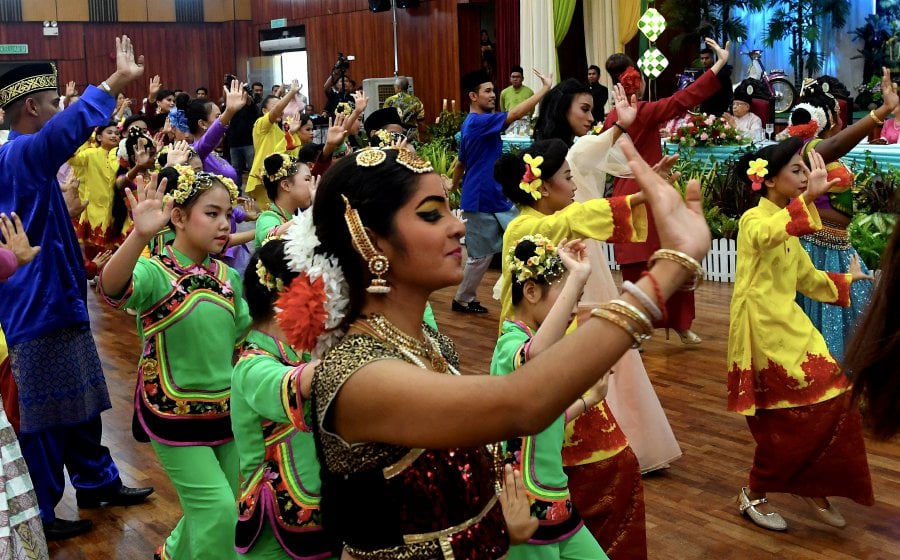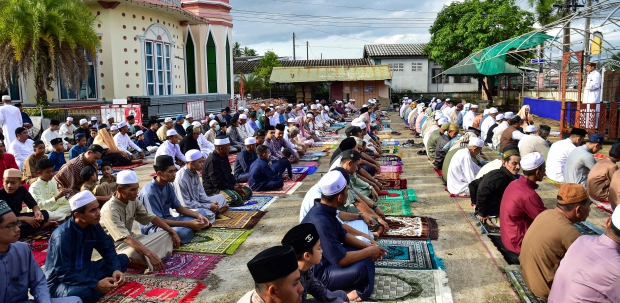CULTURE is what makes a person acceptable within a society he’s living in. In everyday language, culture can be understood as the characteristic and way of life of a particular group of individuals, including language, religion, social habits, leisure and cuisine.
Coming from a multicultural background, I’ve come to understand from childhood that in order to be accepted in a certain culture, you need to conform to the characteristic of that particular culture, especially if you are in an environment where most of the individuals in that society belong to that particular culture.
For example, if you attend a wedding and at the reception, everyone is eating with their fingers, to request for a spoon or fork is seen as awkward. Maybe not so now, but the point I am making is the need to conform so that mutual respect is gained and followed.
At the international arena, many a times our Malaysian friends overseas get caught in controversial situations with embarrassing results. For example, the Malaysian culture is to bongkokkan badan or bend the body a bit, put your hand by the side and walk slowly when passing a group of elderly or in a formal scenario, like an opening ceremony or a cultural function.
In a situation in New Zealand, two young Malaysian students did exactly that and the person giving a speech saw them.
He openly asked, “Why are you two girls sneaking out?” And, our young girls, in hijab and traditional Malay attire, were shocked. They meekly answered that they were going to the washroom. The speaker added, “You don’t have to sneak out like thieves. Walk straight.”
The girls were speechless and embarrassed.
Being in the audience, I tried to explain that it’s our Malaysian culture to bongkokkan badan as a sign of respect. The speaker said: “When in Rome, do as the Romans do.”
I had to apologise on the students’ behalf and the ceremony continued.
My reflection and conclusion is that we need to expose our students in school and society to multicultural education.
As the Kiwi speaker said, we need to understand the cultures of others and respect them even if they do not conform to our culture. If we are dogmatic and do not have an open mind, it will become unpleasant. But if we are open-minded, we can learn much from other cultures and the world becomes an exciting place to live in.
We will have lots to look forward to and our future generation would be multicultural and respectful from birth.
DR VISHALACHE BALAKRISHNAN
Director, Centre for Research in International and Comparative Education, University Malaya, Kuala Lumpur
Get the latest World Cup 2018 scores, highlights and updates from our dedicated World Cup page





